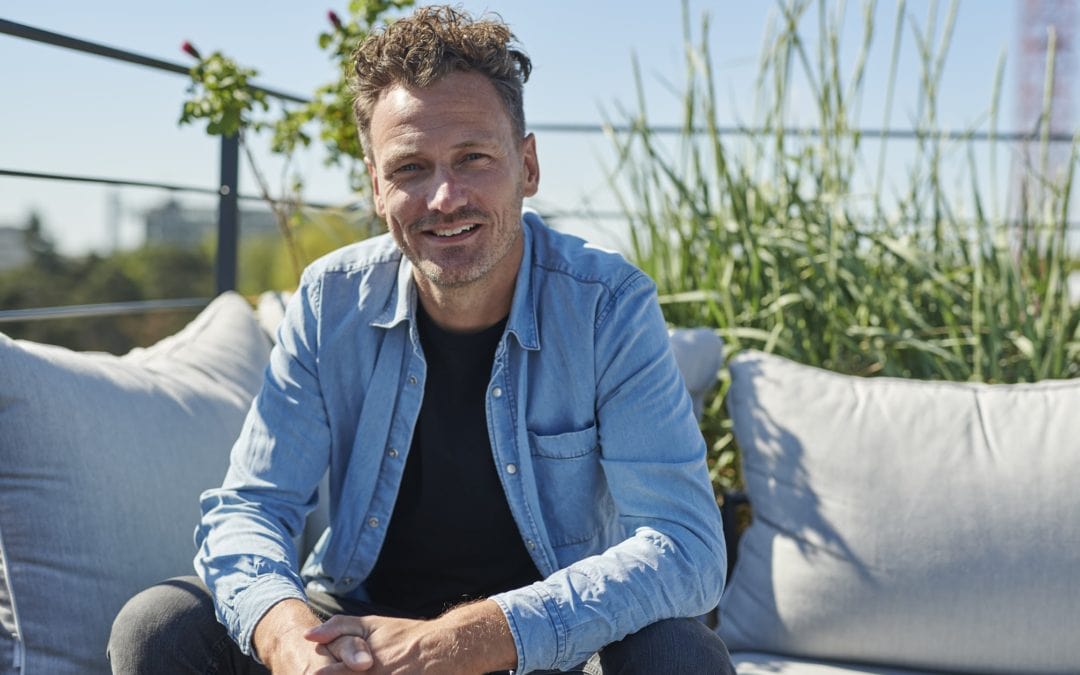There are few businesses left whose website doesn’t include a proud statement of their purpose, values and mission. Whether a company is selling pensions or protein shakes, customers expect to hear what it stands for. But do these words add up to anything?
Thomas Kolster has his doubts. And he should know – he wrote a book all about corporate purpose, and how important it is. In Goodvertising, published in 2012, Kolster made the case for brands and advertisers to be part of the solution to the world’s problems, and of course, to let their customers know about it. The book rode a wave of interest in what has become known in business circles as ESG (environmental, social and governance).
Fast-forward to today and Kolster is back – with troubling news. “Purpose has failed”, he announces in his new book, The Hero Trap. Brands have tried to make themselves the heroes, and it’s not working.
“We have too many saints in the marketplace at the moment”
THOMAS KOLSTER
“It made sense for brands to come out and talk about big social issues and how they wanted to solve them,” Kolster tells 5. “But the challenge now is that when that space is super-packed and over-communicated. How do you make that true and authentic? Brands always tend to overstate the role that they have.”
It’s not that the increased focus on purpose hasn’t been genuine – it has. “I think businesses have definitely changed. You can see that on a number of issues, like climate pledges, taking a hard stand on diversity… Things that probably seemed like crazy talk a decade ago are becoming hygiene factors. That is happening and I’m happy about that. The risk is that we turn off because we don’t believe in what these companies are doing.”
In this “post-purpose” world, the rules have changed, and even companies with outstanding sustainability credentials, such as outdoorwear brand Patagonia, don’t escape Kolster’s criticism. Patagonia makes much of its commitment to fair trade, living wages, environmental stewardship and recycled materials. That’s all great, says Kolster, but like so many others, the brand’s sense of its own importance is out of proportion. “They say, ‘We’re in business to save our home planet.’ If you said that, I’d think you were crazy. They’re a fashion company. They sell t-shirts. That’s the sort of rhetoric that I don’t like. We have too many saints in the marketplace at the moment.”
“What brands have created tangible change in my life? The list is quite short”
THOMAS KOLSTER
Time to take a look in the mirror
When it comes to purpose, brands have essentially carried on doing what they’re used to: talking about themselves. They’d do better, Kolster says, to shift their focus to “human betterment”. In other words, they need to stop claiming they can fix the world for us, and start telling us how they can help us make a difference. After all, we may criticise corporations for their ethical or environmental failings, but what about us? Are we so squeaky clean?
“It’s not just about business creating change,” says Kolster. “A lot of the damage happens at the hands of you and me. Not that many of us sit down and do a sustainability assessment of our lives. Not that many of us wake up and say, let’s go save the planet. That’s probably pretty far down our list of daily concerns. So the question of how we motivate people to create change is a key factor we need to overcome.”
Kolster says he realised this after he published his first book, and found himself wondering, “what brands and leaders and organisations have created tangible change in my life? And the list is quite short. We talk about brands with purpose and the big role they play, but I can’t really name that many.”
One of the few he can name is the Danish organic meal box brand Aarstiderne, which Kolster credits with teaching him to cook plant-based food – a real, positive improvement in his life, with benefits for the planet. He could switch to another brand, of course, but “they’re like a good friend. They’ve helped me, they’re there for me, I feel they listen to me, so I commit to them. That’s what great brands are about.”
The South African health insurance provider Discovery is another “transformational” brand, he argues: nudging its customers to lead healthier lives, with the added benefit that this lowers their insurance premiums. Not every brand has the courage to take that path, but those that do will thrive, Kolster believes.
“Economists have tried to tell us that money and status makes us happy but actually it’s about self-actualisation. We’ve appreciated that during Covid, and we’ve embraced different things.”
“We need to get out of this stupid spending cycle and decouple consumption [from economic prosperity]. By focusing on human betterment and realising that the best things in life aren’t things, I think we can achieve that.”
Interview by: Robert Langkjær-Bain for 5 Media

